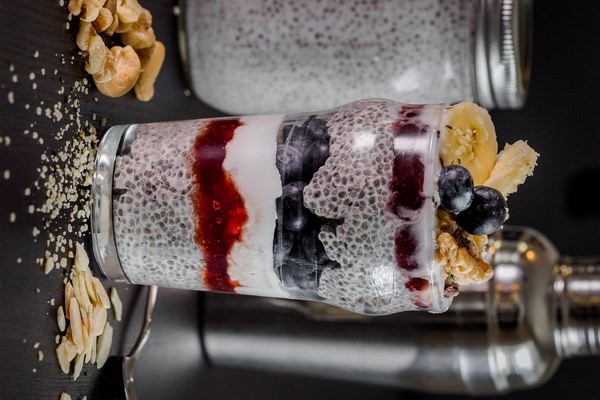Can Microneedling Revolutionize Anti-Aging A Comprehensive Guide
In the quest for youthful, radiant skin, anti-aging treatments have been a hot topic for years. With the advent of microneedling, a new era of skin rejuvenation has emerged. But can microneedling truly combat the signs of aging? Let's dive into the world of microneedling and explore its potential in anti-aging.
What is Microneedling?
Microneedling, also known as collagen induction therapy, is a minimally invasive procedure that stimulates the body's natural healing process to improve the appearance of the skin. The process involves using a device with fine needles to create controlled micro-injuries in the skin. These micro-injuries trigger the body's collagen and elastin production, resulting in a smoother, more youthful complexion.
How Does Microneedling Work?
Microneedling works by triggering the body's natural wound healing process. When the skin is injured, the body produces collagen and elastin to repair the damage. By creating controlled micro-injuries, microneedling prompts the body to produce more of these essential proteins, which lead to the following benefits:

1. Improved skin texture: The increased production of collagen and elastin results in a smoother, more even skin texture.
2. Reduced appearance of scars and acne marks: The stimulation of collagen production can help diminish the appearance of scars and acne marks.
3. Enhanced skin elasticity: The boost in collagen and elastin helps improve the skin's elasticity, reducing the appearance of wrinkles and fine lines.
4. Increased absorption of skincare products: The micro-injuries created by microneedling can make it easier for skincare products to penetrate the skin, enhancing their effectiveness.
Is Microneedling Effective for Anti-Aging?
While microneedling has been shown to have numerous benefits for the skin, its effectiveness in anti-aging is a topic of debate. Here's what the research says:
1. Increased collagen production: Studies have demonstrated that microneedling can significantly increase collagen production, which is crucial for maintaining youthful skin.
2. Reduction of wrinkles: A study published in the Journal of Clinical and Aesthetic Dermatology found that microneedling significantly reduced the appearance of wrinkles and fine lines.
3. Improved skin texture: Research indicates that microneedling can improve skin texture, making it look smoother and more youthful.
4. Enhanced skincare product absorption: By increasing the skin's permeability, microneedling allows for better absorption of skincare products, which can further enhance anti-aging results.
Despite these promising findings, it's essential to consider that individual results may vary. Factors such as age, skin type, and the extent of skin damage can influence the effectiveness of microneedling for anti-aging.
How Often Should You Get Microneedling Treatments?
The frequency of microneedling treatments depends on various factors, including your skin type, the extent of skin damage, and your desired results. Most dermatologists recommend a series of 4 to 6 treatments, spaced about 4 to 6 weeks apart. Some patients may require additional treatments to achieve optimal results.
Potential Side Effects
While microneedling is generally considered safe, like any procedure, it comes with potential side effects. These may include:
1. Redness and swelling: You may experience mild redness and swelling immediately following treatment, which typically subsides within a few days.
2. Bruising: In some cases, bruising may occur, but it usually resolves quickly.
3. Infection: To prevent infection, it's crucial to follow proper aftercare instructions and choose a reputable provider.
Conclusion
Microneedling has gained popularity as a non-surgical, anti-aging treatment that can provide significant benefits for the skin. While individual results may vary, research suggests that microneedling can be an effective tool in combating the signs of aging. If you're considering microneedling for anti-aging, it's essential to consult with a qualified dermatologist to determine if it's the right treatment for you.









